Tournament report: I got bodied at mahjong at Riichi Nomi Open
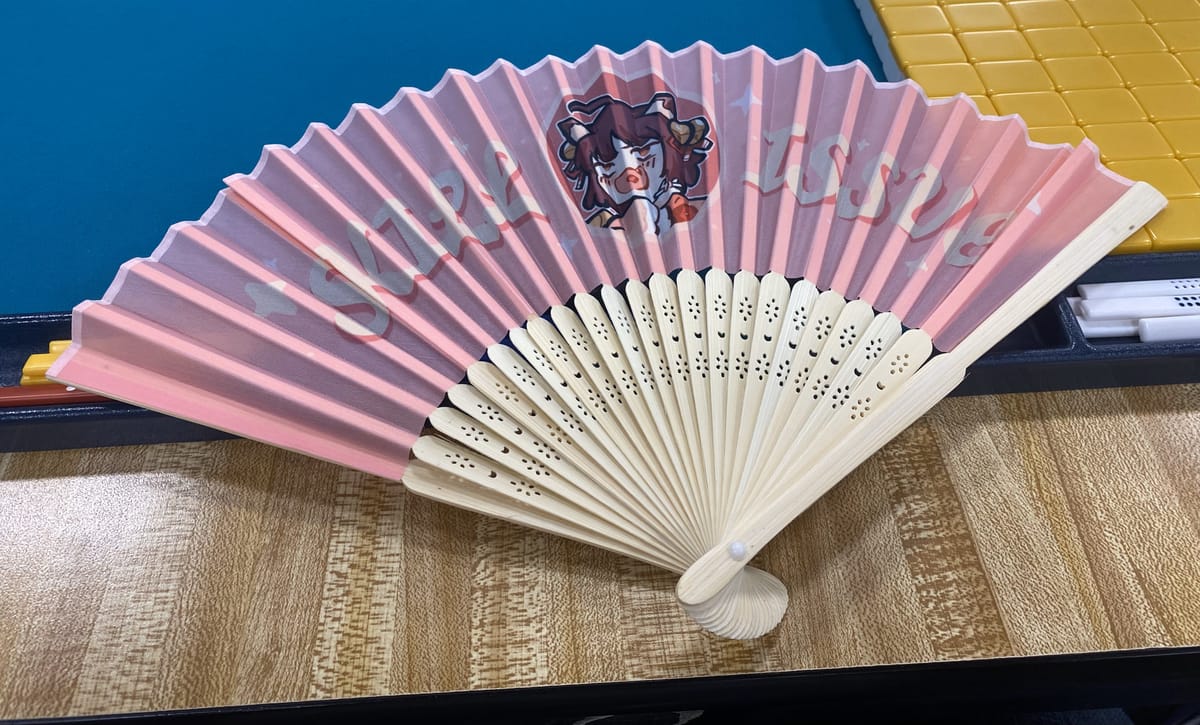
Nothing has ever burned out my brain quite like playing competitive riichi mahjong. To play the game at a high level in person (as opposed to in an online game), you need to maintain a state of intense concentration for a long, sustained period.
You’re not just struggling to draw and discard the right tiles in the moment: you’re planning out your winning hand in advance, observing and speculating on your rivals’ hands, and watching every single tile that passes like a hawk, so as not to miss the momentary opportunity to make a call that could mean the difference between victory and defeat.
At the end of three matches in a session, I am satisfied for the day. Any more than this without a meaningful break and a meal to replace the nutrients my brain has burned out, and I’ll be too groggy and unfocused to play my best. (Note that parlors in Japan tend to serve food.) I believe that if I can’t give it my best, it isn’t worth doing, so when I’m worn out I stop.
Anyway, at Riichi Nomi Open this past weekend, I played five 90-minute matches a day for two days in a row, totaling about 15 hours of raw mahjong play hours in just two days: a marathon by any standard. In previous years, endorphins and adrenaline from my strong results— 20th my first year and 8th the next— helped push me through the fatigue.
This year I finished 163rd out of just over 200 players, which adds the opposite emotions to the mix. Holding on to hope while enduring one heartbreaking game after the next, winning just a single game out of the ten I played, this weekend felt more like an extended torture session.
The Gamesoft Robo Fun Club is a labor of love made entirely by myself which requires your paid contributions to survive. I would love to see you either sign up or become a subscriber.
The goal and the format

This was a tournament won by the highest cumulative point score over the ten games, which is inherently a little bit different from playing matches online. In standard ranked online mahjong, placement (1st, 2nd, 3rd, 4th) matters the most. The goal is not so much to win as it is to avoid losing as much as possible over a long period of time to improve your record and rank. The victories, it is said, will come by themselves.
In this tournament, though, it’s about having a cumulative score higher than anyone else. “Not losing” remains important— two big losses will probably place you out of the running— but it’s necessary to win big hands to make the top score. Only 8 of the 200+ spots will win an actual prize: realistically speaking, no place below that mark matters.
This means taking more chances than you would when playing online, especially trying to push those high-scoring hands through when you might fold them: those are the hands that are going to take you up the leaderboard.
To give an example, the winner of this tournament (Kathy H.) averaged around +30 points a game, won most of her games (with two blowout high-score victories), and had just one third-place loss. A remarkable performance, and second and third places were only a few points behind her.
Even without foreknowledge of the outcome, though, it was obvious that we’d have to shoot high.
Mindset

Of course you should practice and study up before the tournament— you should always be doing that, really— but when it comes down to it on the day, you want to play the way you usually play. Represent the best version of yourself that you can. Confident, stable, strong. Ready to win. Otherwise, why are you there?
Considering the tournament asked for about ten hours of the players’ day before adding in dinner and the trip home, the weekend schedule was pretty much settled for me. Up early in the morning, mahjong, a lunch break, mahjong, home in time to relax for an hour, go to sleep, and do it again. A proper night’s rest is even more important than normal; this is a marathon, after all.
Can you maintain the same focus, keep consistently making the right moves, after four hours of mahjong down and three and a half hours to go? Probably not, honestly: it’s inevitable that your awareness is going to degrade a little bit in a marathon session like this. On-venue coffee and water helped, but you don’t want to over-correct: jittery play isn’t much better than drowsy play.
I felt pretty good about my chances, I was in a positive state of mind, and I wasn’t making mistakes, which is about all I can ask for with regards to tournament performance.
And I lost! Boy, did I lose!
Results, or the agony of defeat
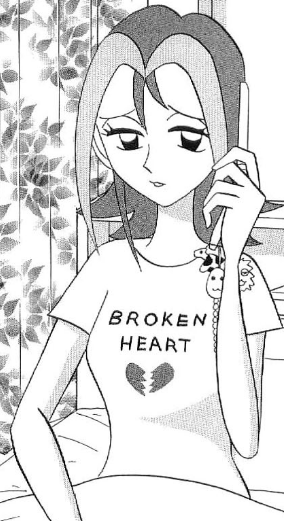
The thing is, for all the skill and technique you can bring it to it, mahjong is ultimately a game determined by the luck of the draw. Nemata and Makoto Fukuchi’s classic “Modern Mahjong Technique” opens with the following:
“Through choices, it’s possible to make the lottery more favorable. Only there is there space for mahjong skill to enter. Afterwards, one can only wait for the result of the lottery.”
Once I’ve made my best choices in my hand— particularly if I am attacking and not defending— I must relinquish control to fate. That’s what the riichi mechanic is about: saying you’ve done everything you could, you commit to your hand and accept responsibility for its success or its failure.
The way I would sum up this weekend is that when the time came to flip a coin and leave the rest to fate… the coin came up tails. Repeatedly drawing hands in the early game that were so high value I had to try and win them— haneman (12k) and above— but never drawing that crucial last tile and ultimately making unlucky deal-ins to other players’ massive hands. I just kept on losing the coin toss.
The theory of this kind of situation is pretty simple: nothing ventured, nothing gained. We cannot expect to win without taking at least a little bit of risk. It’s usually prudent to fold a small hand with a bad wait against a rival who throws down a riichi, but when you’re tenpai on a high-scoring hand, you might just need to fight for it. That big scoring hand will more than make up for the risk you took.
But every time you take a big risk like that, you have to accept the possibility of losing. Sometimes you bet on the right odds and still lose every single time. Just because the tile dealt in doesn’t mean that you weren’t correct to discard it.
Like Washizu said to Akagi, you can play perfectly, not make a single mistake, and nevertheless fail utterly. That’s what he likes about the game; watching people suffer that way. I was by no means perfect on tournament weekend… but I suspect that Washizu would have loved my run.
About tilt
I remember when I tilted on this tournament. Game 8. The player to my left is pon-ing everything that comes out aggressively, which is a tell-tale beginner sign… until of course, all his hands actually win, and he’s hitting toitoi (all triples) dora 5 over and over again.
There can be a feast-and-famine vibe at the mahjong table as one player wins it all repeatedly; it hurts more when you’re fighting it out for every scrap and by contrast points are just falling into others’ laps, again and again. Comeback victories certainly happen in riichi, but it’s more likely that the big stack holds on to their points and the poor get poorer.
Anyway, I’ve dealt into one or two of these toitoi dora 5s and I’m in negative points in the last round. There’s only one thing to do, I think as I draw my absolutely irredeemable garbage opening hand, and it’s kokushi musou (13 orphans). I have 8 of the 14 honor tiles I need. It will be difficult, and extremely unlikely to win, but it’s my only choice.
I get lucky. Honors start coming out, and I get to two tiles away from kokushi. This could turn around the entire game. I feel the eyes of the judges staring from behind me; it’s hard to look away from a hand this rare.
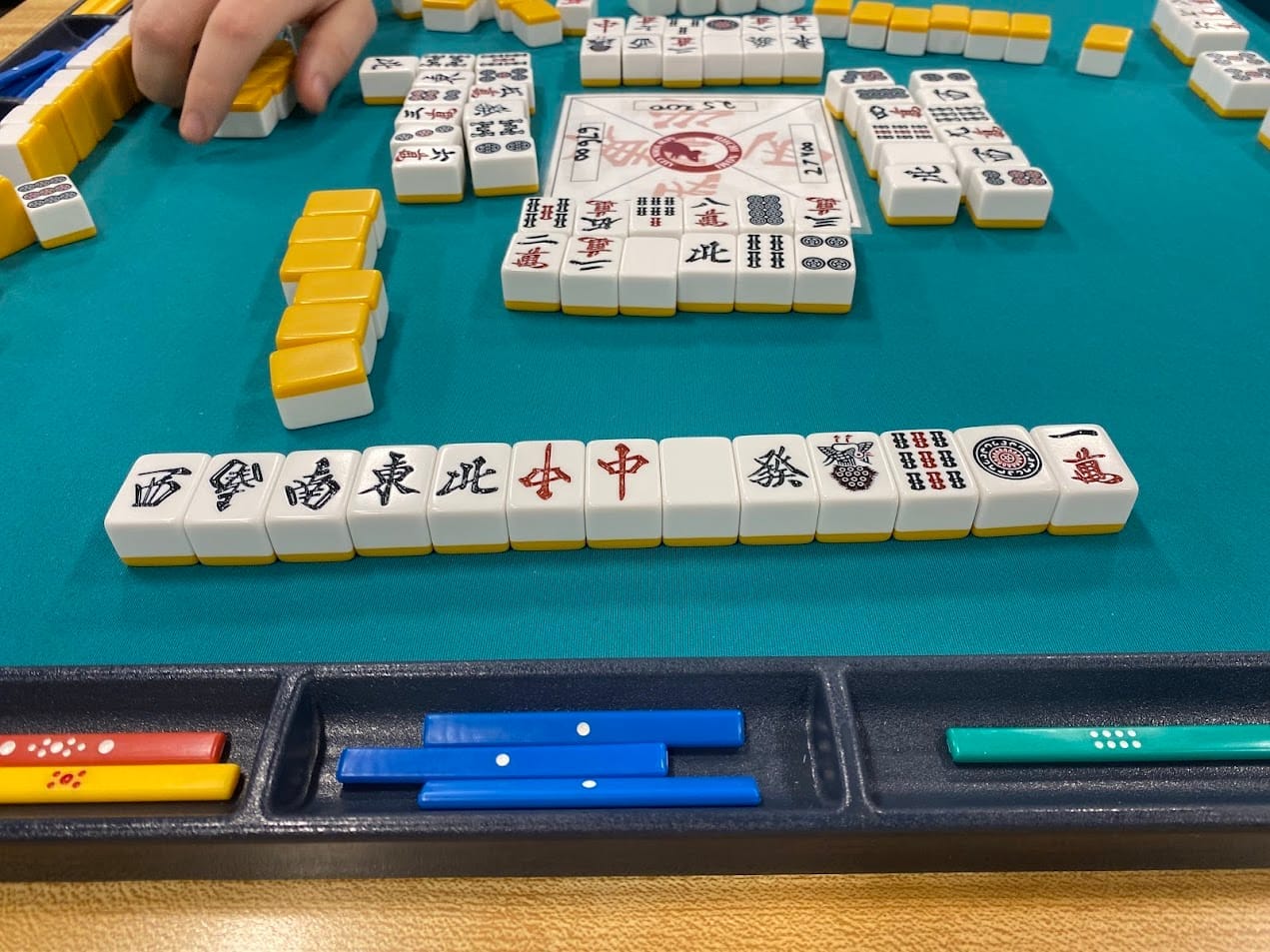
I deal 4p into a 1000 point tanyao hand. Staff gather around to make note of my bad luck. I am at my peak of bad-beat despair for the weekend, as this massive loss has pushed me beyond even the hope of recovery. I recall saying “I quit mahjong.” I have two more games ahead of me.
:format(jpeg)/cdn.vox-cdn.com/uploads/chorus_image/image/48941277/weber_wdytyaia2.0.0.jpg)
At the end of the game, the winner— who I guess really was a beginner— apologized to everyone that he had gotten so lucky. Never do this. It is even more infuriating. You won it, there was no cheating, it was legitimate. Being lucky is legitimate in mahjong. If everybody looks at you like you’re some terrifying conquering monster because you got lucky at mahjong, just own it. Act like you are. Be the bowling guy. When you win, victory is all yours. Despair is for everybody else.
The hard part of tilting
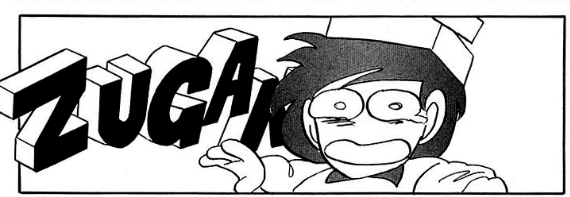
The hard part is bouncing back from tilt. Returning to form and not allowing your frustration to push you into making bad moves. Especially on the same day, in the same session. Fifteen minutes after that kokushi musou heartbreak, after I told all my friends what had happened, I was back at the table playing the next match, and I won it too!
Once a hand is over, those tiles are dead. In poker it’s common practice to “muck” your hand, toss it away without revealing it to anyone. It doesn’t matter what the cards were, because they’re dead now. Sometimes in casual settings, or the hand really is that rare like my almost-kokushi, you might show others what you had and you can all go “whooaaa” for a second. But it’s dead. The round is over. And for right now, so are your regrets and misgivings. On to the next game; think about the last game later. Don’t let your regrets from ten minutes ago ruin the game you’re playing now.
In conclusion, why do we do this to ourselves?
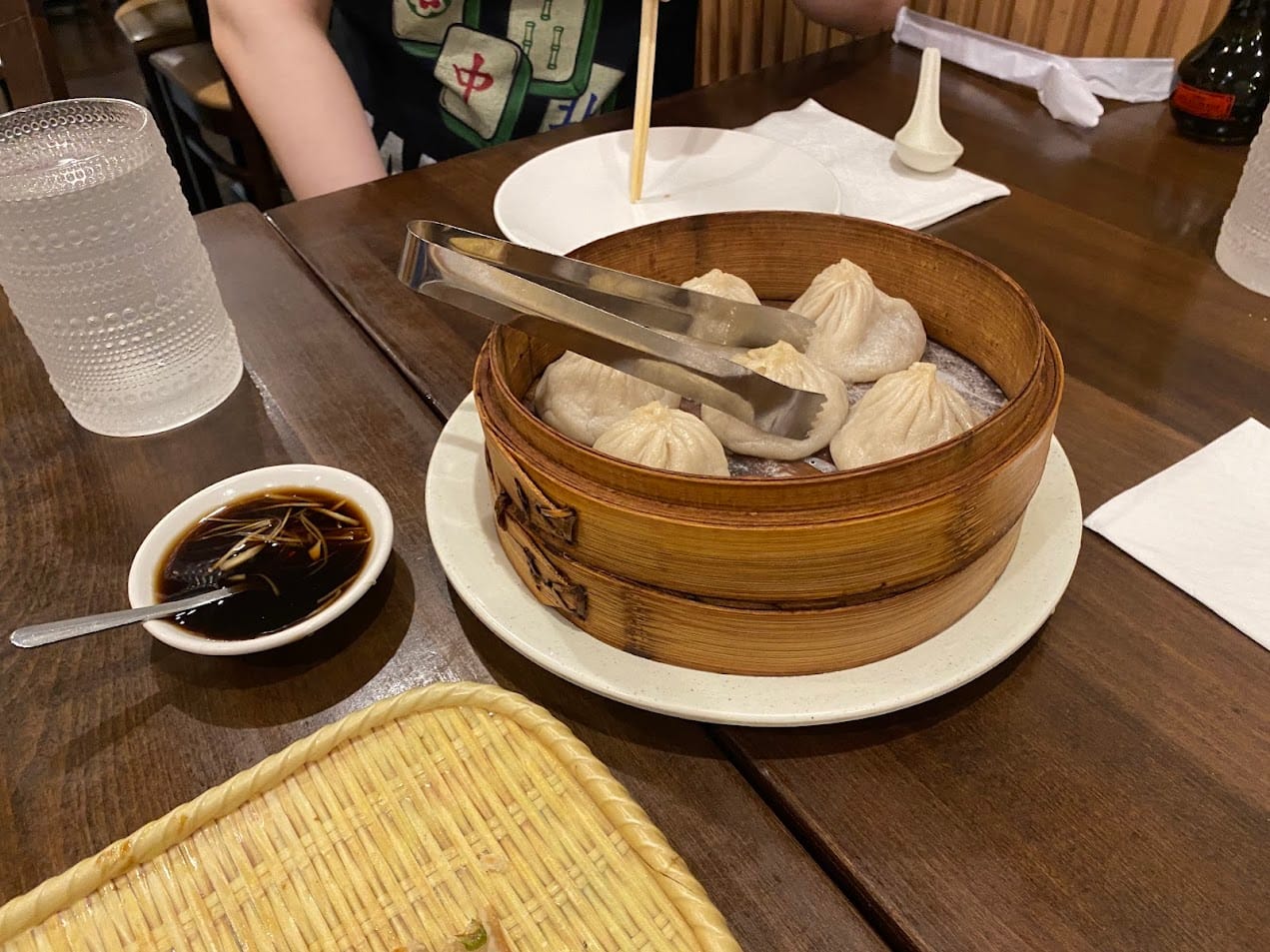
I finished the tournament in 168th place, at negative 114.5 points. My placements were 2-4-2-4-3-3-2-4-1-2, averaging 2.7th place per game. Honestly, the only good memory of the tournament I have was having noodles with the homies after the sessions. Sometimes your weekend just sucks.
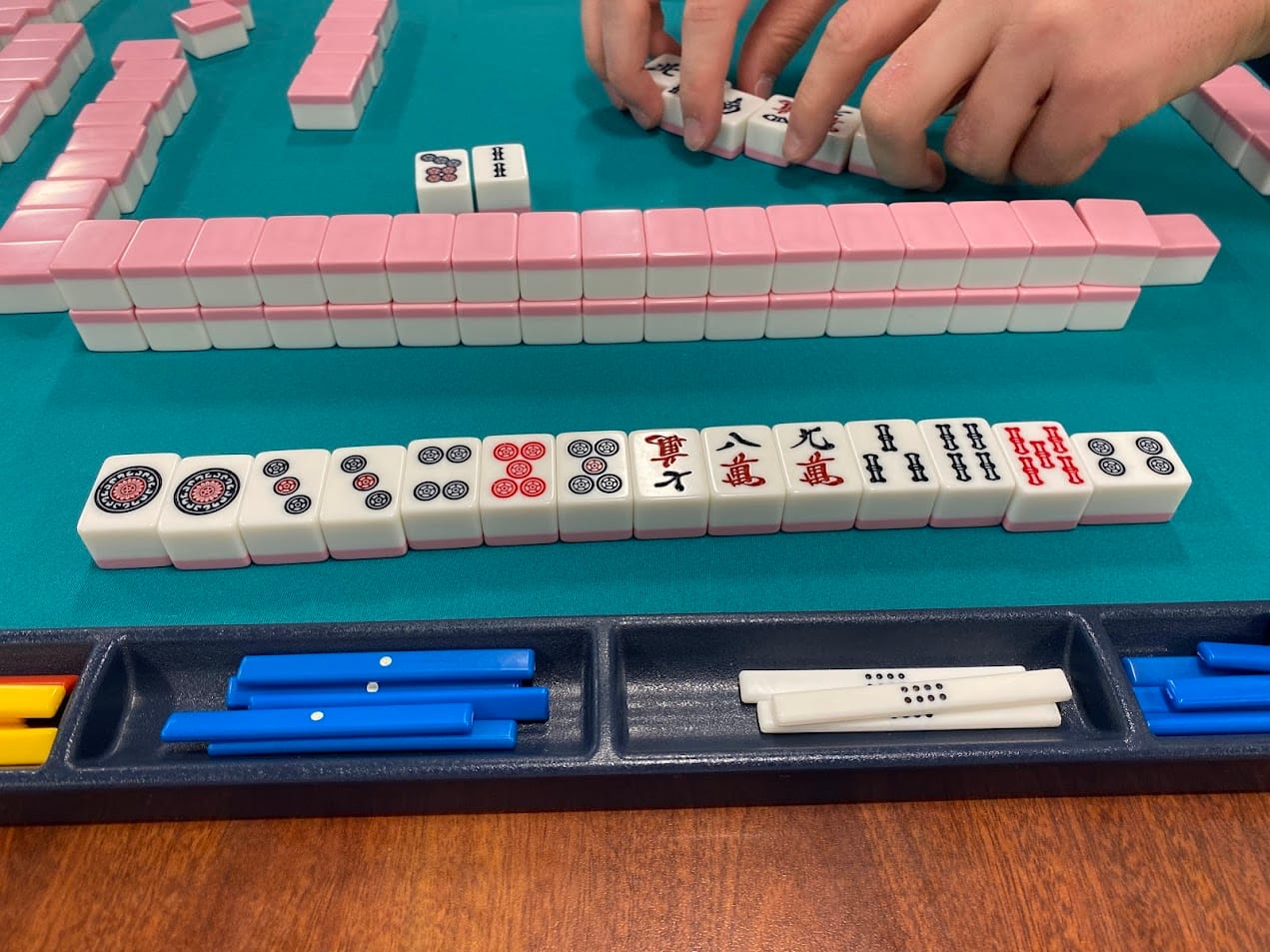
The messed up thing is I still love playing mahjong, and I suspect all the people I played against love it too. I barely even took a break from the game after my hell weekend: I just went down a couple notches from my intense tournament training schedule. I’m still trying to play at least a game a night.
Losing hurts. Losing for a sustained period while playing your best is agonizing. It takes so long to even feel like you're improving or getting better. But you do, eventually, and I think that's why I keep going.
I wouldn’t go do another ten-game weekend tomorrow, but I would maybe do it in a month. Actually, make it eight games. I want some time to have a drink in there.
(In the process of writing this and other newsletter pieces I entered and disqualified from Riichi City’s championships as well. My run was a lot better than at RNO, I’ll say.)



